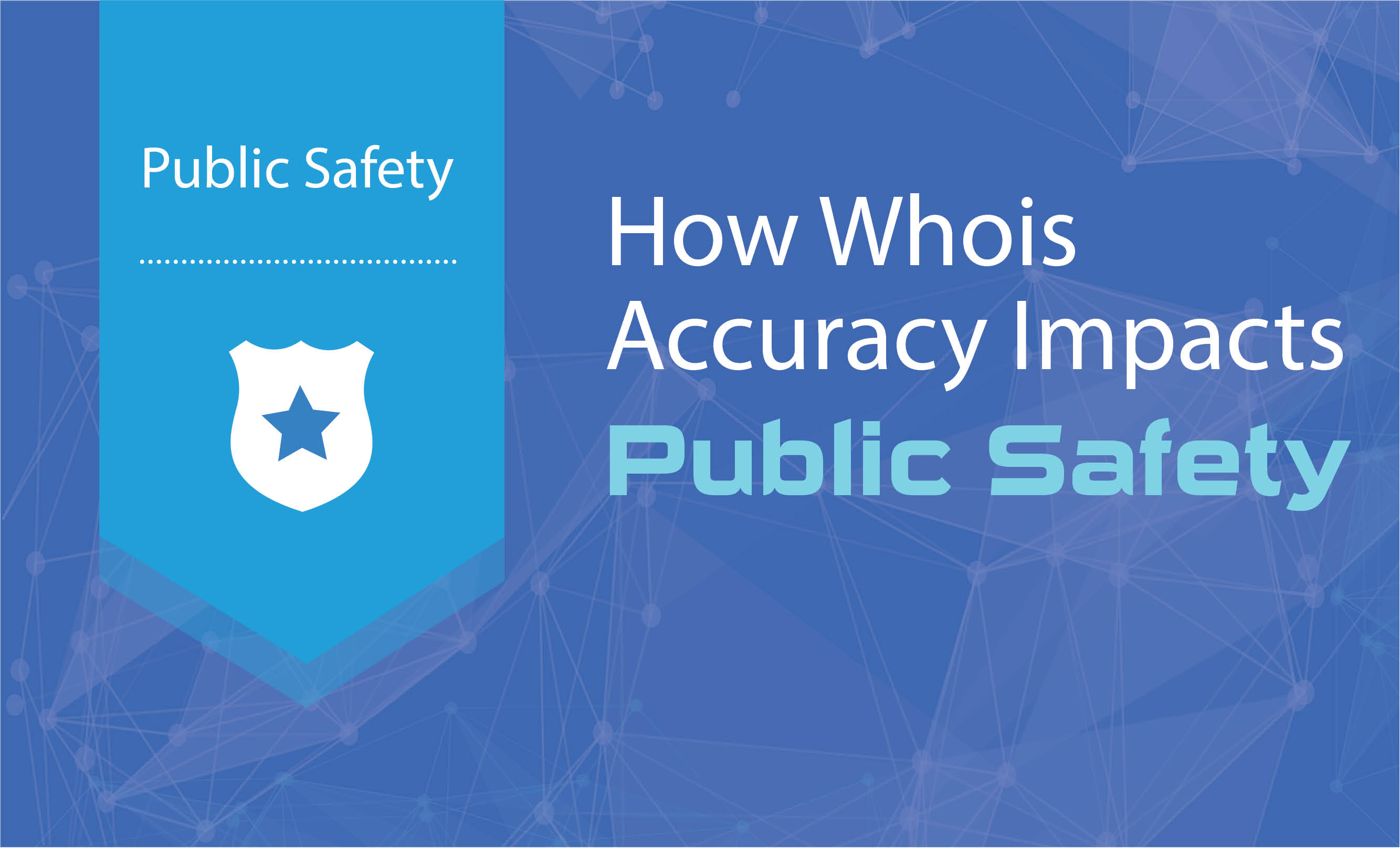
How Whois Accuracy Impacts Public Safety [Archived]
OUT OF DATE?
Here in the Vault, information is published in its final form and then not changed or updated. As a result, some content, specifically links to other pages and other references, may be out-of-date or no longer available.
You are probably familiar with the fact that network operators and other members of the technical community rely on accurate Whois data), but you may not be aware that there are a wide variety of other public uses for Whois data too – specifically when it concerns ensuring public safety.
As the uses of the Internet have dramatically changed and evolved since its inception, so too have the uses of the various Whois directories. Organizations charged with the protection of its citizens, including consumer protection, civil safety, and law enforcement, utilize Whois as a starting point for most investigations. Keep in mind, Whois searches are only one of the many tools investigators use. They also rely heavily on routing tables/services, commercially available tools, and internally developed tools and services.
From a public safety perspective, failure to have accurate Whois information can present the following challenges:
-
Ability of public safety agencies to quickly identify resources used in abusive activities
-
Wasted network operator resources dedicated to responding to potentially misdirected legal requests
-
IP address and domain name hijacking resulting in the potential use of those number resources and domain names for criminal activity
As the amount of worldwide criminal activity enabled by the Internet continues to grow, users whose rights are abused (for example by spamming, IP address spoofing, DDOS attacks etc.) need to be able to obtain redress. For organizations tasked with protecting the general public, one of the most important registration records in the Whois directory is that of the last ISP in the chain of network operators providing connectivity to potential bad actors.
To ensure timely and effective responses, public safety organizations need Whois to be up-to-date, correct and comprehensive. Network operability, safety, and security are all equally important outcomes when it comes to the use of the Whois directory.
You can do your part in assisting our public safety officials’ efforts to keep the Internet safe and secure by validating your Point Of Contact (POC) information during ARIN’s annual POC validation process, or by logging into your ARIN online account and updating or validating your POC record there. For more information on POC validation, please visit this page on our website.
OUT OF DATE?
Here in the Vault, information is published in its final form and then not changed or updated. As a result, some content, specifically links to other pages and other references, may be out-of-date or no longer available.
